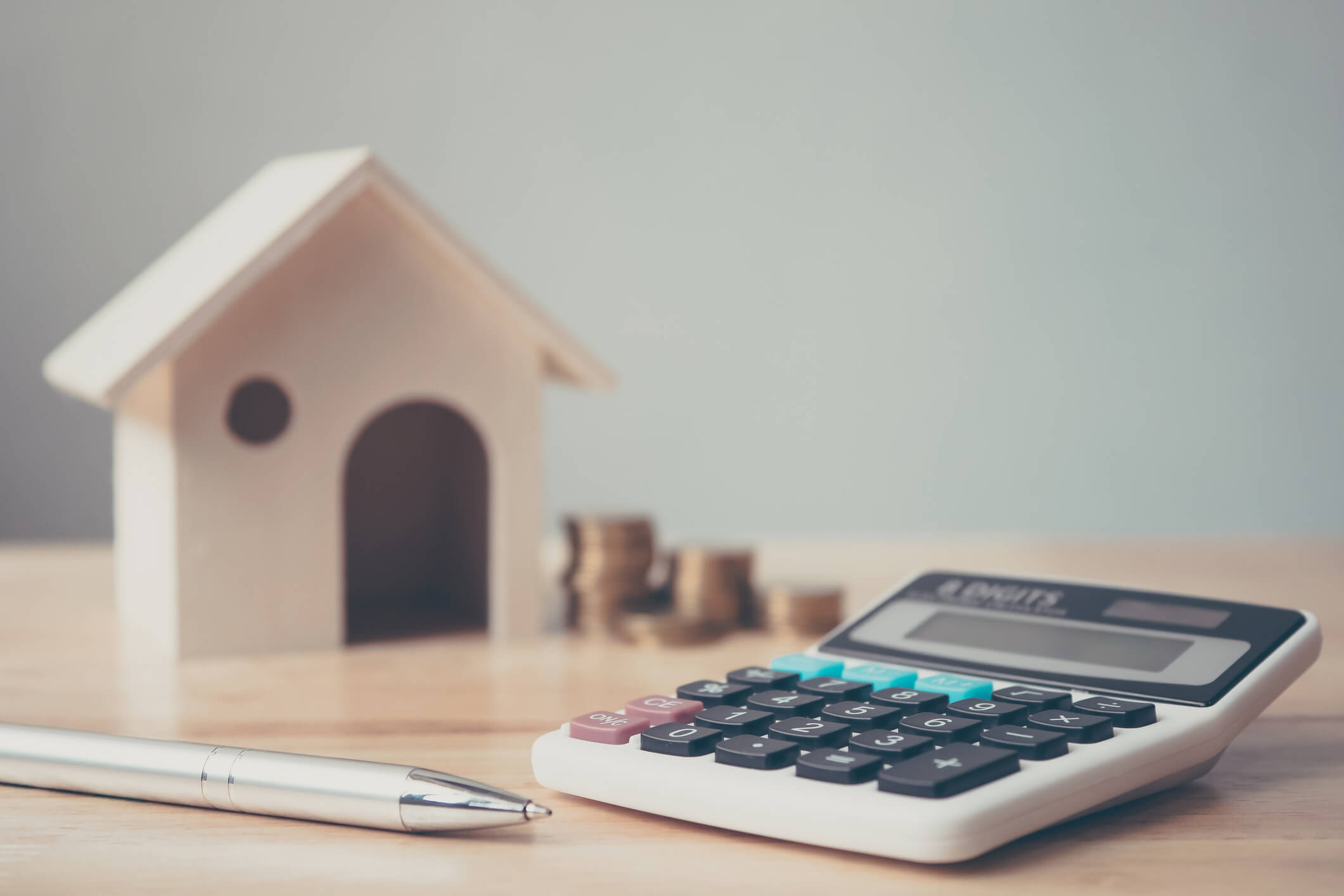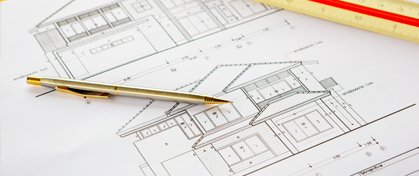The process of buying a house brings with it lots of complicated processes and paperwork and it can be confusing to get your head around what’s what.
If your only reference to Title Deeds – otherwise known as Title Register - is from a lengthy game of Monopoly, then this blog is for you.
We explain what the Title Register is, what information is included within it and when you might need it.
What is a Title Register?
The Title Register is the same as the Title Deeds – just with a different name (so that’s at least one less term you have to get your head around).
It contains information about a property and it is kept with the Land Registry.
The Land Registry is a department within government which files information about all properties in England and Wales. They register and maintain records in one big database – including more than 24 million properties – called The Land Register.
The Land Register’s primary job is to evidence ownership of all property but it also contains other bits of information about properties.
What is included in the Title Register?
Every registered property has a unique number that is included within the Title Register, which, rather simply, is called the Title Number.
The Title Register also contains the address of the property, who the registered owner(s) are, the amount they paid for it and who the lender was (if the buyer(s) borrowed to purchase the property).
When would I need a Title Register?
If you’re looking to move into a property and want more information on it, you can request a PDF copy of the Title Register for the home you’ve got your eye on. This can be done by paying a fee of £3 to the Land Registry.
In terms of the Title Register on your own property – you’ll need to contact the Land Registry whenever you buy a property. Similar to when you buy a second-hand car and you need to change the owner name over, you must do the same with the Title Register. Again, this is handled by the Land Registry.
Even if you don’t move house, you may need to contact the Land Registry to update the details on your Title Register if they change. If you get married or divorced, for example, and your name changes, you’ll need to update this with the Land Registry.
You’ll also need to contact them if your mortgage completes, i.e. if you finish paying it off.
We hope this has helped clear up some of the basic questions on what a Title Register is. For more information, to change the details on your Title Register or to register a property, get in touch with the Land Registry.
Disclaimer: We make every effort to ensure content is correct when published. Information on this website doesn't constitute financial advice, and we aren't responsible for the content of any external sites.








